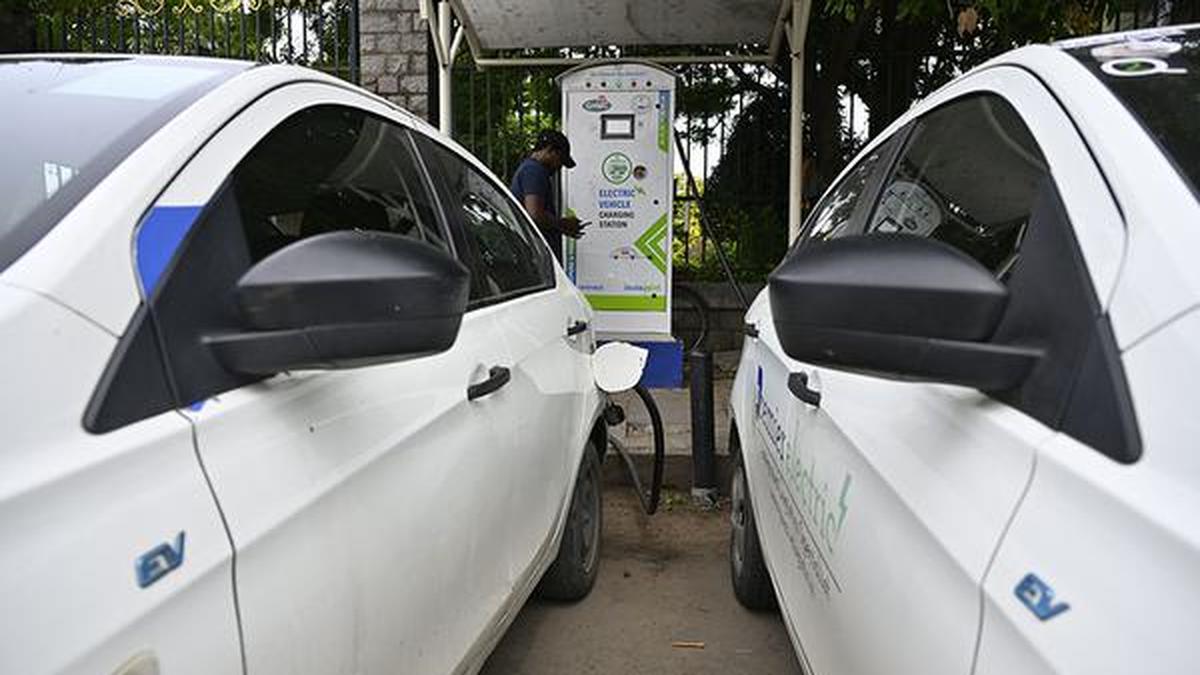Spotify reported second-quarter revenue above analysts’ estimates on Wednesday helped by a 14% jump in paying subscribers, and forecast an upbeat current quarter although it will stop production of its dashboard accessory, Car Thing.
(Sign up to our Technology newsletter, Today’s Cache, for insights on emerging themes at the intersection of technology, business and policy. Click here to subscribe for free.)
The company’s shares rose 5% in premarket trading.
Its monthly active users rose almost a fifth to 433 million, above expectations of 428 million, and are seen reaching 450 million in the third quarter.
The Swedish music streaming company’s revenue comes from paying subscribers and by playing adverts to users who use its service for free. Ad-supported income rose 31% in the quarter.
Investors have been worried about companies which depend on such revenue after Snapchat owner Snap last week warned that advertisers had tightened spending in response to the darkening economic outlook.
“We did see a little bit of softness in the last two weeks of the quarter,” Spotify’s Chief Financial Officer Paul Vogel said in an interview.
“While we do expect advertising to become a much bigger part of our business over the long term … it’s still a reasonably small amount of our revenue at only 13%,” he said.
Premium subscribers, which account for most of the company’s revenue, rose to 188 million, topping analyst expectations of 187 million.
Spotify posted a 23% increase in revenue to 2.9 billion euros ($2.94 billion), compared to expectations of 2.8 billion euros, according to IBES data from Refinitiv.
Car Thing, a dashboard-mounted voice-controlled streaming device, launched in April last year before a wider rollout. Priced at $89.99, the device is currently discounted to $49.99.
At this price point and with increasing supply chain issues, the company could not achieve an attractive economic profile, Chief Executive Daniel Ek said in an interview.
“We saw a lot of great demand in the car with existing integrations and car manufacturers are waking up and offering better and better in-car solutions,” he said.
Spotify, which had been aggressively hiring, has slowed headcount growth by 25% beginning in the third quarter, while taking a closer look at marketing activity.
With the uncertainty in the market, it’s the prudent thing to do as hiring is a long-term decision that is not easily reversible, Ek said.
Spotify forecast current-quarter paid subscribers of 194 million, in line with expectations. It expects revenue of 3 billion euros, above estimates of 2.95 billion euros.




